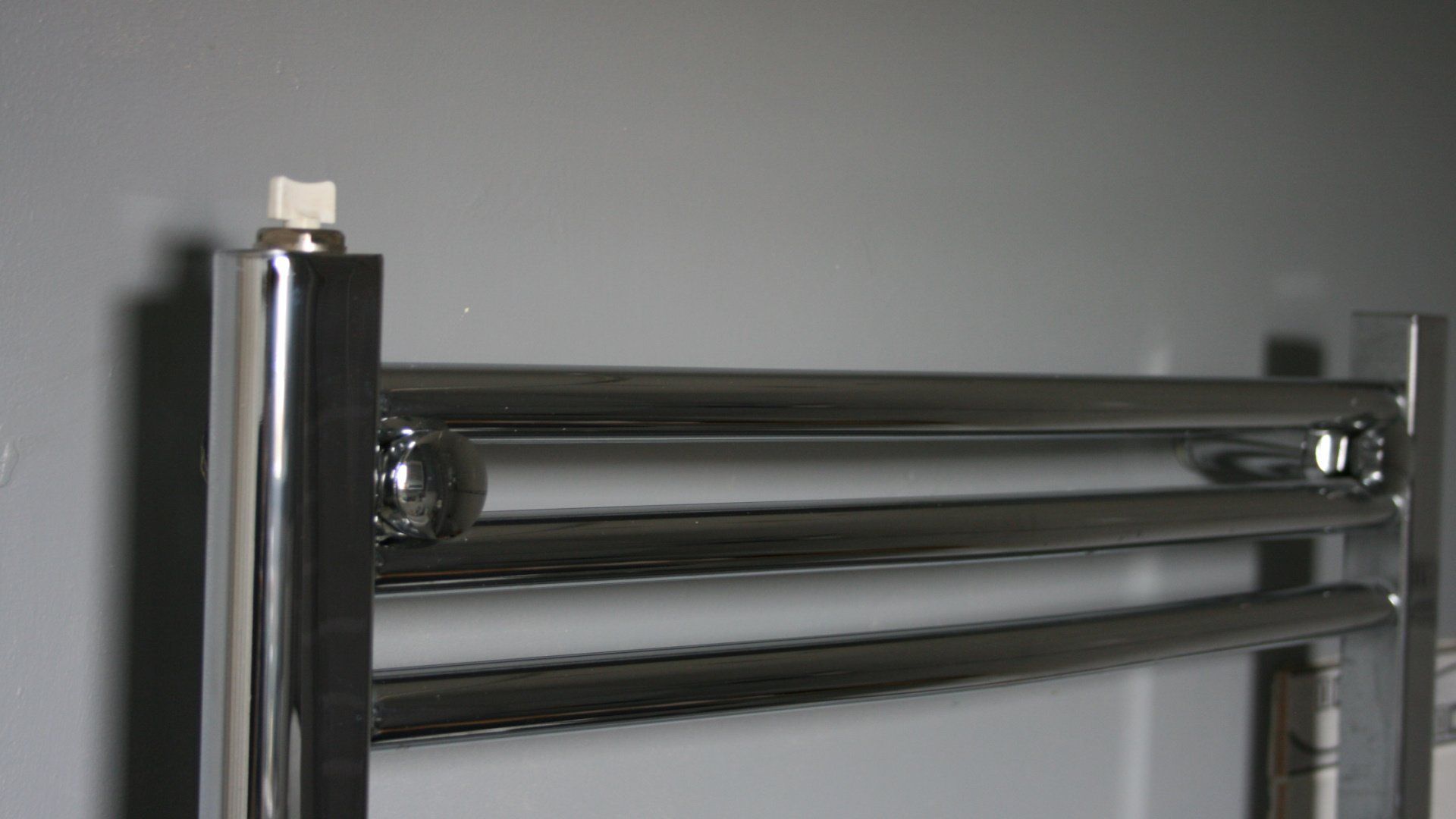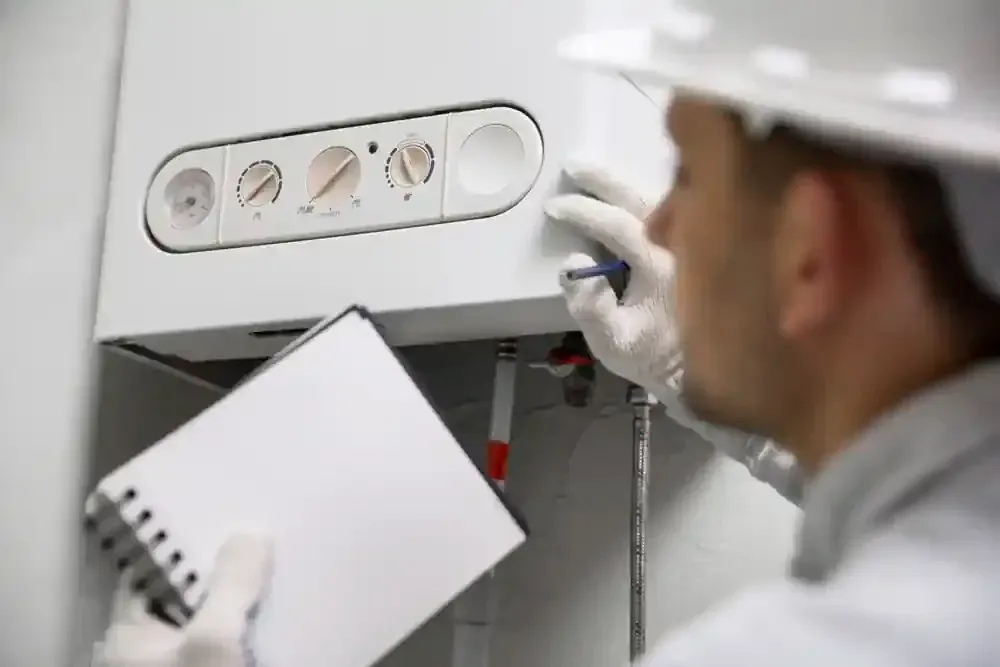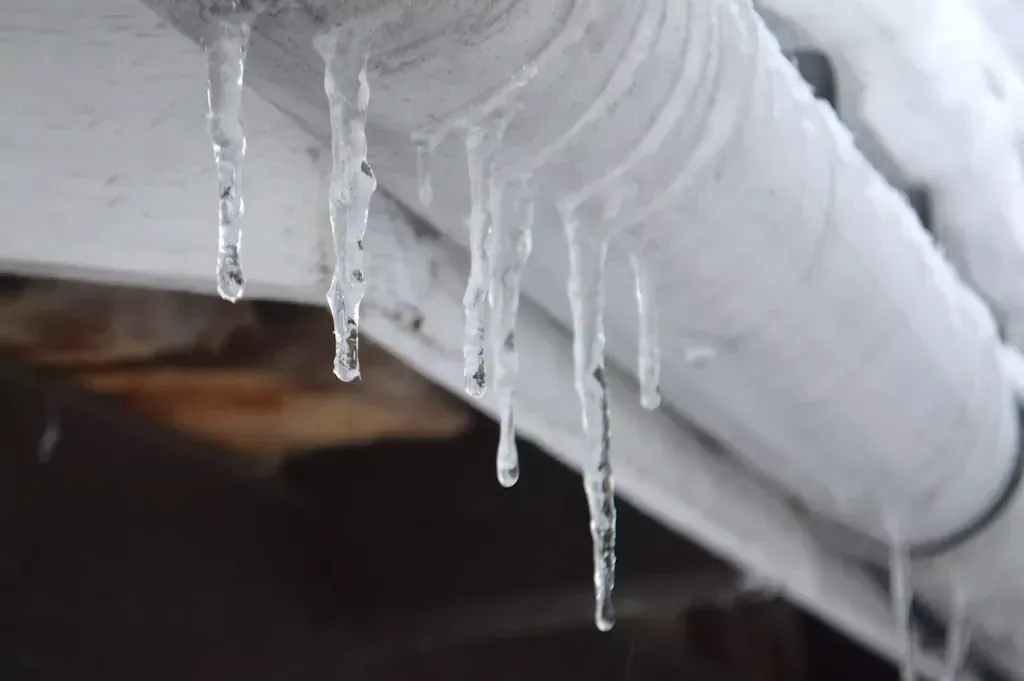What are the Benefits of Powerflushing My Central Heating?
Benefits of Powerflushing your Central Heating System
A Powerflush is a cleansing process for your boiler that removes any dirt, sludge, rust, and general debris accumulated within your system over time. If the substances mentioned before are left in your heating system, they could cause blockages or corrosion and ultimately reduce the efficiency of your boiler and cost you a lot of money in the long run if it eventually leads to a boiler breakdown.
Now you know what a Powerflush is, let's uncover what happens during the process, what the benefits are, when you should get it done to your central heating system and much more.
What happens during a Powerflush and how long does it take?
With the use of a specialised machine, specific chemicals are circulated through the radiators, pipes and boiler at a high pressure. This flushes out any potentially inhibiting deposits and thus allows water to flow freely throughout the heating system.
A Powerflush can take up to around 8 hours to perform correctly in regular cases, however on particularly complicated systems, it could take up to 2 days. It depends on the size of the heating system and the condition it is in.
What are the main benefits of a Powerflush?
Now, this is the part you've been waiting for - what are the benefits of powerflushing a central heating system? The pros include:
- Radiators will warm up quicker
- Better quality hot water
- Enhanced energy efficiency and lower energy bills
- Improved system reliability and lifespan
- Reduced likeliness of boiler needing repair

When should you get a powerflush?
There are a few signs to look out for that indicate it's time for a power flush. They are:
- Your radiators take a while to heat up (or don't at all). This problem is an indication that the pipes may be blocked with nasty build-up of dirt, sludge, rust or general debris .
- Your boiler is making loud, strange noises that cause concern.
- Your radiator leaks
- You're experiencing frequent breakdowns
- You can stick a magnet to the copper pipework of your heating system, this is a sign that there is iron sludge, built up from old dirty water.
- You've got discoloured water when you bleed your radiators
- You've got cold radiators but hot pipes
If you’re getting a new boiler installed, the building regulations recommend that a suitable cleanse is carried out prior to the installation of the unit. A cleanse like this can can vary from a simple system flush with clean water to a powerful Powerflush on more contaminated systems. This essential process when getting a new boiler helps to prevent your new system from being contaminated and inhibited by the nasty bacteria and dirt that was present in your old one.
Do you need to get a professional in to carry out a powerflush?
Yes! You should always ensure that a professional carries out any work on your central heating system. A mistake could make your heating system perform worse than what it did before and there are risks in using the specialised chemicals. Therefore, we recommend seeking the help of a professional for a job like this.
Assett Plumbing is a team of expert heating engineers that are skilled in performing Power flushing boilers and central heating systems.
Get in touch with us today on 01604 372395 and we'll help diagnose whether your system requires a Powerflush and book you an appointment.



